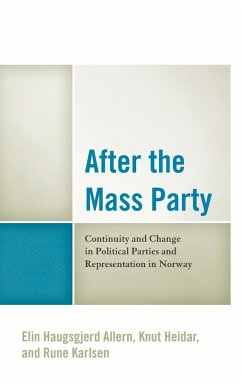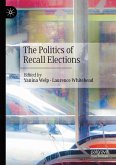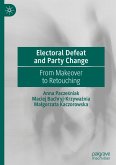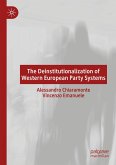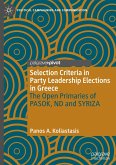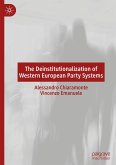This book examines whether parties' ability to channel voter interests into political institutions has in fact declined in the wake of decline of party membership figures and the increase of state finance of parties. It first looks at relevant empirical studies to summarize what we already know. Second, it presents an in-depth study of Norwegian voters and parties, based on a number of voter, member and parliamentarian surveys conducted between 1990 and 2010. The existing literature is scarce and indecisive, whereas the Norwegian parties still seem to represent voters fairly well, despite the waning of mass parties. The party organizations-the members, activists, and representatives-continue to channel voter opinions into the Parliament. This book argues that the high and persistent policy congruence between voters and parties revealed might be related to party members and mid-level activists still resemble voters socially and politically to a large degree. At the same time, the party competition for votes is also still relatively efficient, and there appears to be some interaction in terms of what happens within party organizations and the stimuli offered by competing parties. Hence, this book challenges the "decline thesis". It argues that parties can continue to represent, even "after the mass party". At the same time, it suggests that the persistence of the formal representative structures and the closed candidate selection processes that you still find in Norway and elsewhere could make some parties somewhat more resistant to representative decline than others.
Hinweis: Dieser Artikel kann nur an eine deutsche Lieferadresse ausgeliefert werden.
Hinweis: Dieser Artikel kann nur an eine deutsche Lieferadresse ausgeliefert werden.

